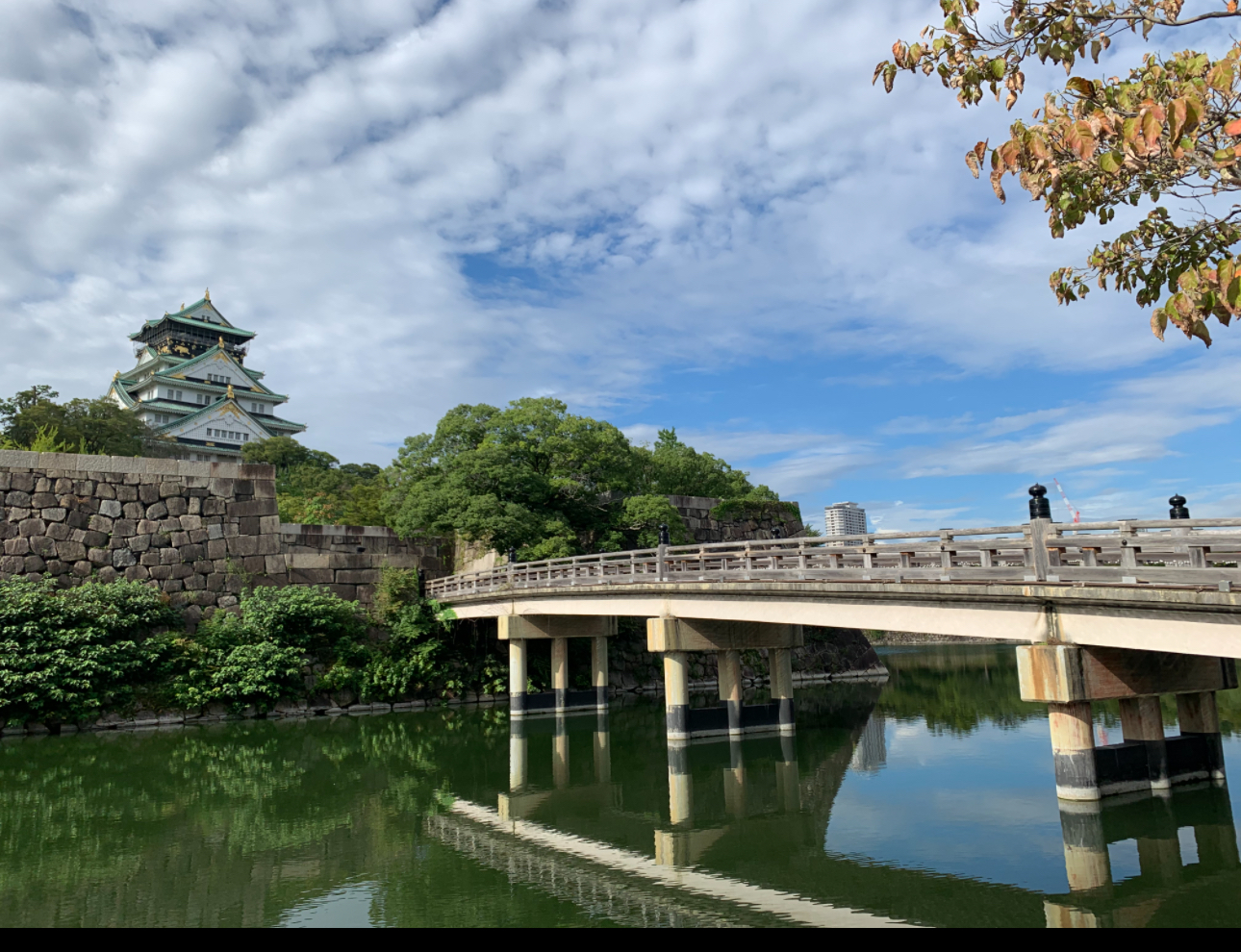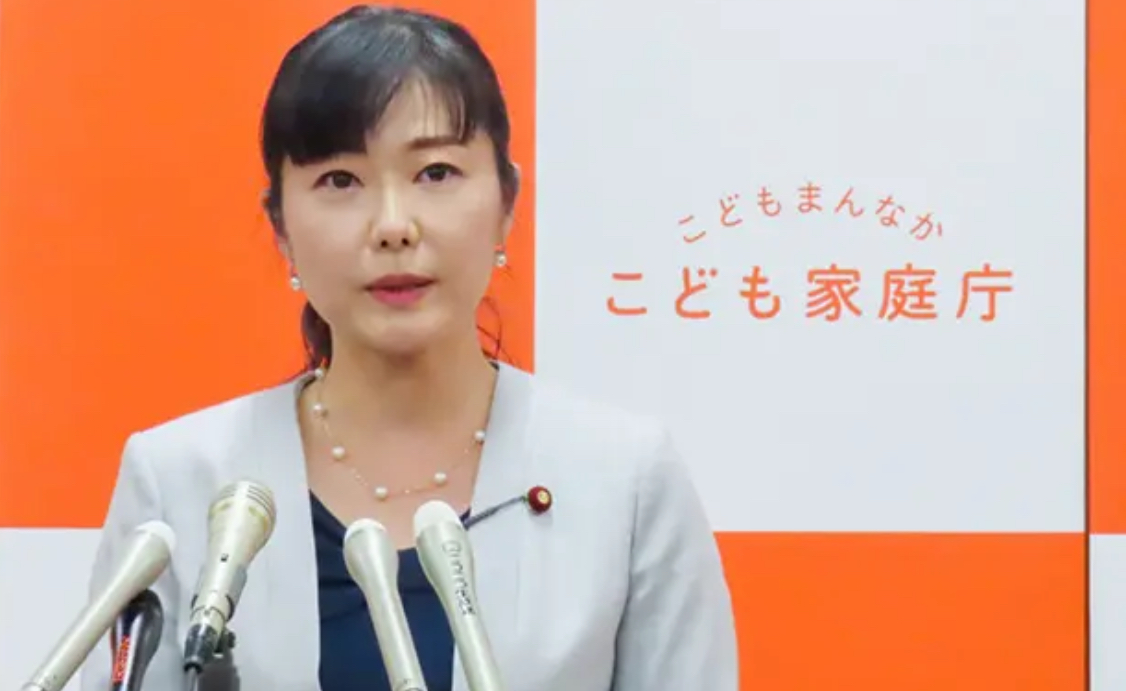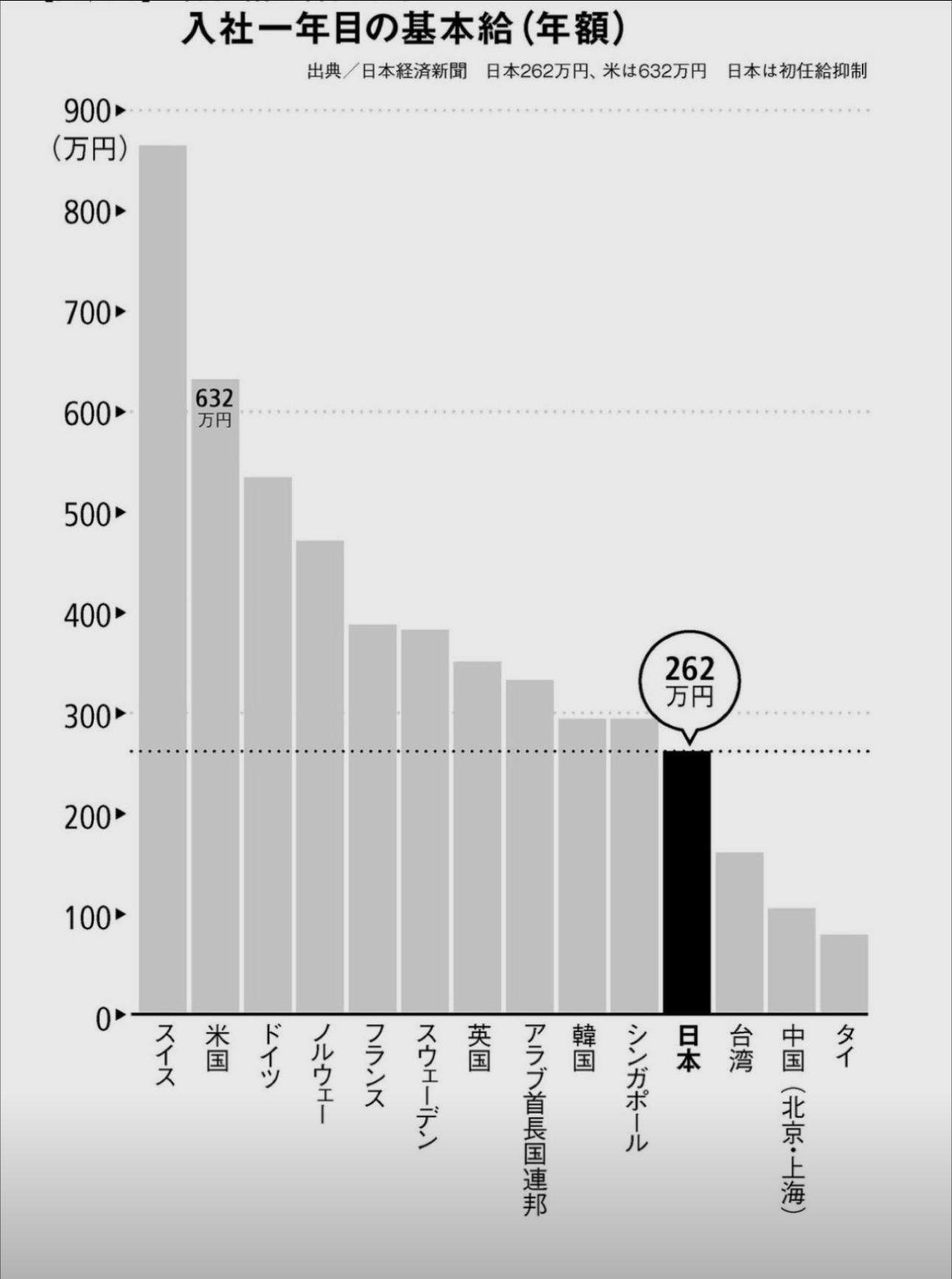
Currently, Japan is abuzz with discussions about politics and money. Whenever I visit Osaka Castle and behold its magnificent stone walls, I ponder over Toyotomi Hideyoshi’s leadership from 400 years ago.
Max Weber, a German sociologist from over a century ago, distinguished between two types of politicians:
1. Politicians who engage in politics for money.
2. Politicians who use money for politics.
Politicians of the first kind are merely opportunists. When they hand out money, they command, “Do this!” This is bribery, reducing workers and citizens to mere tools.
In contrast, the second type of politicians humbly say, “Please accept this money,” without issuing any orders. This is a ‘gift’ or ‘donation,’ which in German also means a ‘burden’—implying a sense of obligation. Workers feel energized to do anything for such leaders, exclaiming, “This person is incredible!” and “Let’s follow this leader!”
So, what is the nature of the money used by today’s Japanese politicians?
Each time I look at the grand stone walls of Osaka Castle, I feel Hideyoshi’s approach to money and his leadership style resonate deeply within me.
#PoliticalEthics #HistoricalWisdom #MaxWeber #OsakaCastle #PoliticalLeadership #ToyotomiHideyoshi #MoneyInPolitics #PublicService #LeadershipValues



